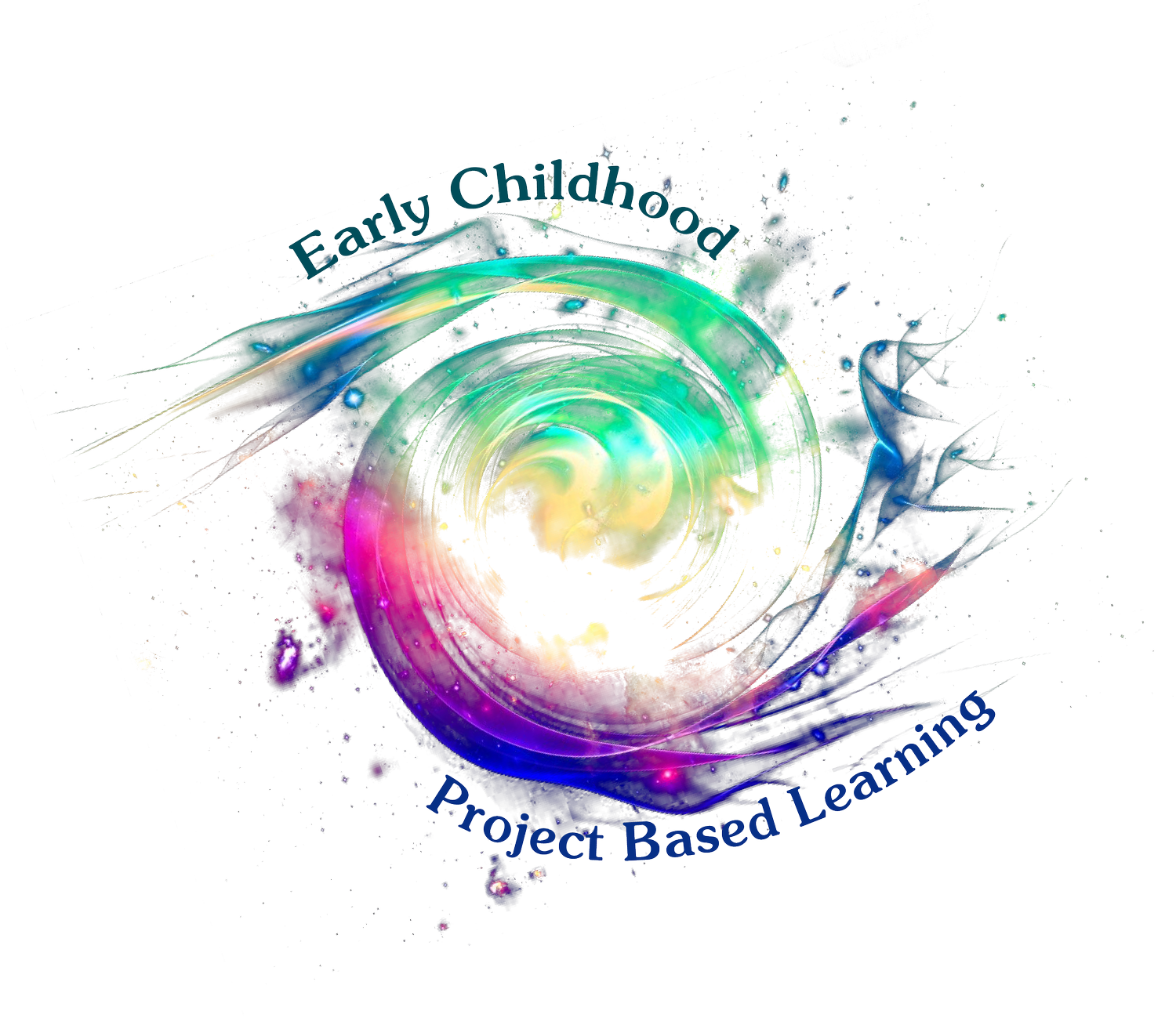Trust Us!
Recently social media has been rife with posts extolling the virtues of teachers. A post made by Ken Buck (2020), a former educator and current school board member in South Carolina wrote:
We gave educators almost no notice. We asked them to completely redesign what school looks like and in about 24 hours local administrators and teachers "Apollo 13'ed" the problem and fixed it...No state agency did this, no so-called national experts on curriculum. The local educators fixed it in hours...Remember that the next time someone tries to convince you that schools are better run by mandates from non-educators…Get out of the way of a teacher and watch with amazement at what really happens.
I appreciate this affirmation, and I’d like to build on it here, because while this crisis is unprecedented, teacher ingenuity, adaptability, and resourcefulness are not, and I think this is what has been missing from the public perception of education professionals. As teachers we have always had to face challenges from inside and outside of the classroom. It has been through the complex processes of critical evaluation, meaningful collaboration, and careful observation of our students that we have persevered to meet these challenges.
The educational scholar Lee Shulman integrated these complex processes in his construct of pedagogical content knowledge, and has long advocated for the complexity of teaching (1986, 1987). He asserts that teaching is shaped by uncertainty; teachers may begin with a plan, but many factors influence what happens to that plan in action. According to Shulman, teaching is a constant process of knowledge creation on the part of the teacher through interactions with students, professional resources, and wisdom gained from experience. All of these knowledge sources interact and influence decision-making; the outcomes of these decisions lead to further knowledge gain, thus creating an on-going cycle of professional growth.
How is this process unfolding right now? Shulman’s cycle of growth has been evident in the last several weeks as educators have had to transition to an entirely new way of teaching their students. Yes, this has been a challenging crisis for teachers to navigate, but it should be no surprise that teachers are handling it. The way teachers have responded to this pandemic mirrors what they usually do in their physical classrooms. Teaching is a complex interplay of decisions that must be made every day, some on the spot, some long-considered.
Evaluate. As they approach remote teaching for the first time, teachers critically evaluate the myriad resources made available by education companies. They determine what is most useful and developmentally appropriate, and incorporate new technologies and websites into their instruction. They wade through the resources, find materials, get ideas, figure it out.
Collaborate. Other educators are an important source of knowledge. The current situation is requiring early childhood teachers to collaborate and rely on one another more than ever before. In typical times they might share with the teacher across the hall, or turn to on-line forums, but not to the scale I have seen these past few months. On-line resources enable teachers to collaborate with colleagues around the world, all connected by this shared experience. Teachers are helping each other learn and grow in supportive on-line platforms.
Observe. Students are the reason teachers go to work each day. Ultimately, teachers must turn to students and their families and adjust instruction according to their needs. How do educators align their understanding of learner-centered practices with the current demands of online learning for young children? By listening to students—to what they are saying, but also to how they are behaving. Early childhood educators are expert observers, and it is the knowledge gained from observation that will inform decision-making about what their students need moving forward.
So what does this look like in the classroom, both virtual and in-person? For many teachers, it is Project Based Learning (PBL). PBL empowers teachers. It is a pedagogy that puts its trust in them and their expertise. PBL asks teachers to design authentic projects to meet curriculum standards, and also to engage learners in critical thinking and collaboration. This type of teaching is not scripted and delivered from a teacher’s manual. Instead, educators respond to their students’ interests and ideas throughout the project, often following their lead as a project moves forward. This type of teaching involves skill and a deep awareness of the application of learning theory in practice. As teachers make decisions on how best to incorporate learner-centered approaches into distance learning, PBL is one compelling option. PBL places children at the center of the learning, and also empowers teachers to do what they do best: attend to the complex task of adapting and responding to their learners’ needs.
In many ways this pandemic has opened up decision-making to teachers. One thing that I hope will result from this difficult time is that early childhood educators will be empowered to be key voices in decision-making when it comes to what is best for their students. Our professionalism, dedication, and expertise combine to understand what needs to be done. And if we do not understand it yet, we will figure it out…trust us.
Kristin Lizotte has been teaching first and second grade for 27 years. She is the 2019-2020 recipient of the Christa McAuliffe Sabbatical Award, administered by the New Hampshire Charitable Foundation. To view her website dedicated to project-based learning and other student-centered practices, visit 3csnh.org.
References
Buck, K. [Ken]. (2020, March 18). We gave educators almost no notice. We asked them to completely redesign what school looks like and in about 24 hours local administrators and teachers "Apollo 13'ed" the problem and fixed it. [Facebook post]. Retrieved from https://www.facebook.com/kenbuck
Shulman, L. S. (1986). Those who understand: Knowledge growth in teaching. Educational Researcher, 15(2), 4–14.
Shulman, L. S. (1987). Knowledge and teaching: Foundations of the new reform. Harvard Educational Review, 57(1), 1–21.

